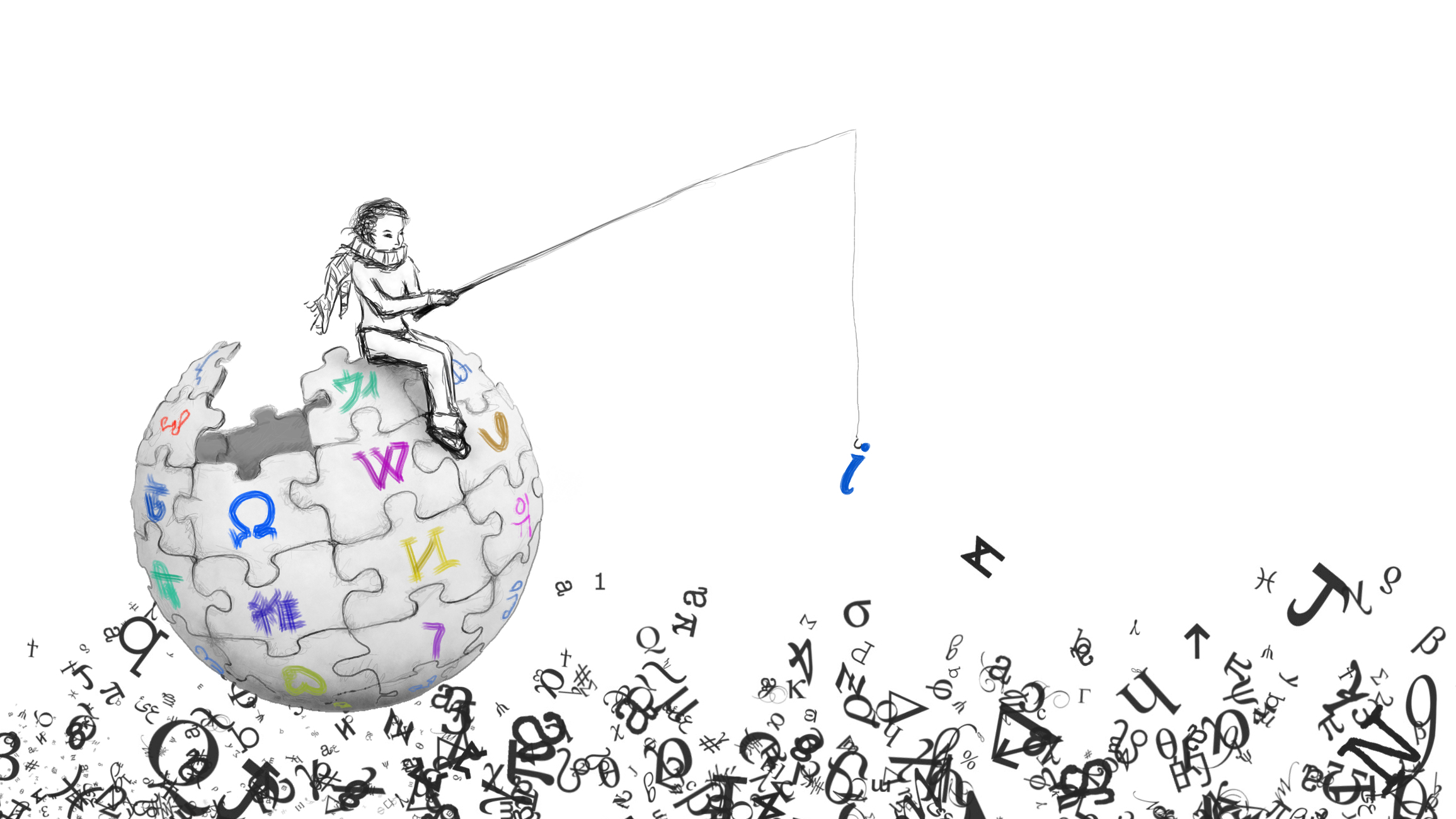 With a plethora of data filling our heads, one must have an understanding of the sources of information, the manipulation of information, and the gathering and use of information in this digital age. Our students must learn to evaluate information critically to become responsible citizens and contributors to the knowledge economy. What does this mean to educators in practical terms?
With a plethora of data filling our heads, one must have an understanding of the sources of information, the manipulation of information, and the gathering and use of information in this digital age. Our students must learn to evaluate information critically to become responsible citizens and contributors to the knowledge economy. What does this mean to educators in practical terms?The core subject areas with which we grew up in our schooling in the twentieth century are no longer adequate for 21st century students. Thus, we hear the touting of Makerspaces and flipped classrooms for encouraging students to propel their own learning and develop their own knowledge. Yet, there is also murmuring about how we are raising children on the Internet, but we are not teaching them how to use it properly. There are concerns about teens and cell phone use. There are discussions about the implications of social media related to bullying and self-esteem. There is talk of "fake facts" and the "lying media." Concerns about how we learn, our sources of information, and our evaluation of it are non-stop.
With all this in mind, I propose that students should have complete semester classes in Information Literacy. I will return to this idea many time in this blog. BUT, stand-alone classes in information literacy are not likely to pervade American education any time soon. So, we must consider alternate ways to teach our young people how people generate and organize information. Information literacy lessons must be tied into our core subject areas.
I began as an annoying fly on the wall of the high school where I have now been employed for six years. I'd fly in and out of rows in our library's computer lab, looking over students' shoulders. I noted how students were researching and what online tools they used for sharing information they found. Soon I would land. I'd inquire about the kids' assignments, sometimes making unwelcome suggestions. ("Go away lady, I'd just like to get this done!") I'd seek out teachers to ask more questions. Some grudgingly responded and seemed to wonder why the librarian was so nosy. Many others responded with enthusiasm, perhaps eager to size up the new librarian, perhaps just friendly enough to humor me.
I soon began making suggestions to teachers. "Did you know that this database would help your
 students with this lesson?" I began proactively helping. "I saw your kids struggling to find information on that subject so I ordered a book on it. Within months, I targeted a freshman research project for collaboration. Before my high school work, I wrote a book on collaboration among cultural heritage institutions and was eager to transfer this approach to a school setting. I was lucky to find true partners among the grade 9 English teachers and together we took an extant lesson to develop our first school Assured Learning Experience in information literacy.
students with this lesson?" I began proactively helping. "I saw your kids struggling to find information on that subject so I ordered a book on it. Within months, I targeted a freshman research project for collaboration. Before my high school work, I wrote a book on collaboration among cultural heritage institutions and was eager to transfer this approach to a school setting. I was lucky to find true partners among the grade 9 English teachers and together we took an extant lesson to develop our first school Assured Learning Experience in information literacy.I have set up five such lessons/projects to date. My posts over the next several weeks will discuss these, how they were implemented collaboratively, and how they influence teen learning. Information literacy can become embedded in education and all students, regardless of future plans and interests, will benefit in the long term from exposure to its concepts.
No comments:
Post a Comment